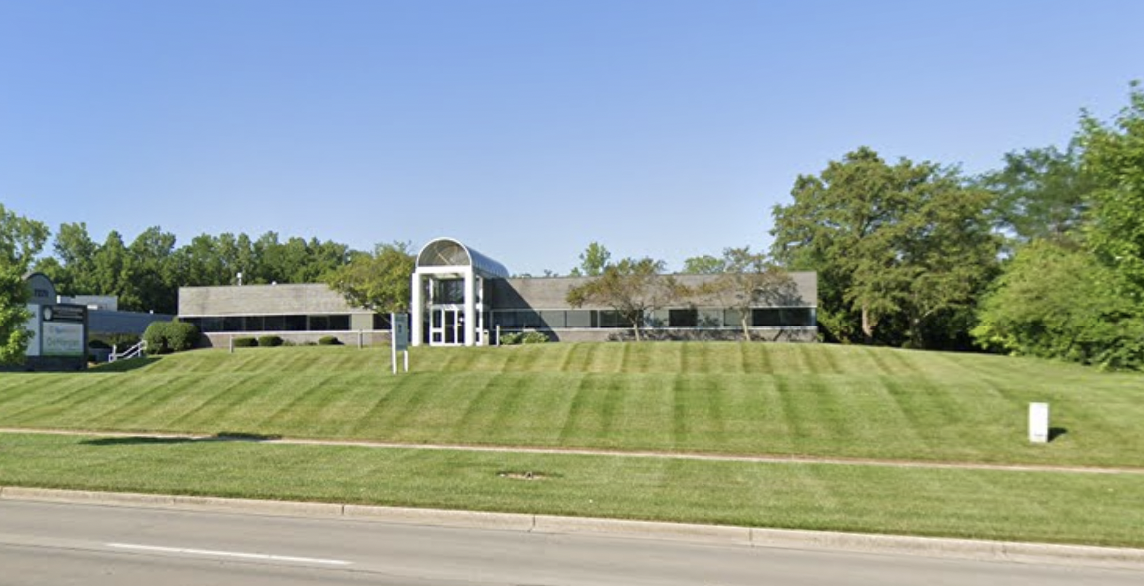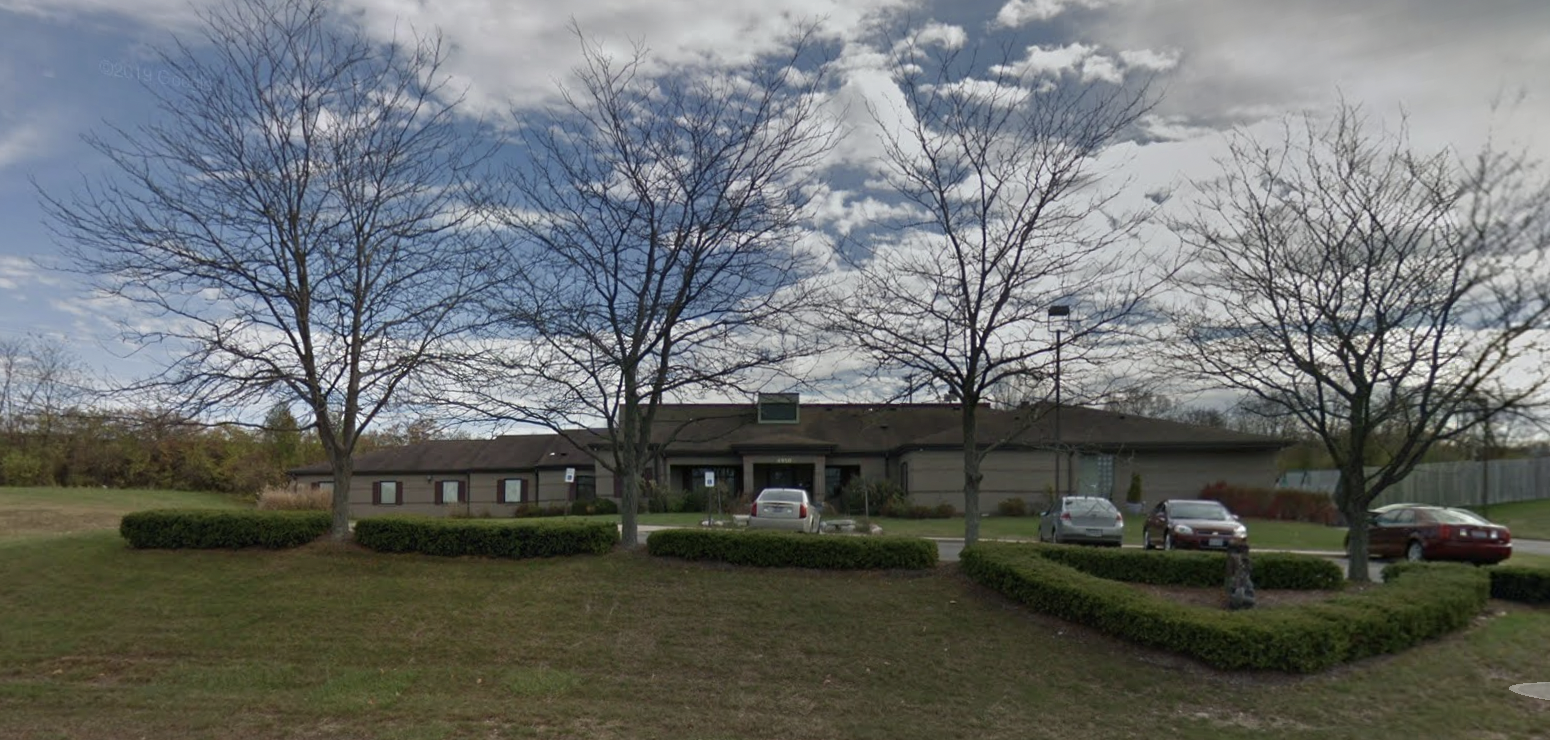Hotline for National Substance Abuse Support
24/7 Support Available, Confidential and Free of Charge
Best Alcohol & Drug Rehab Treatment Centers in Dayton, Ohio
Did you know that drug overdose deaths in Montgomery County, where Dayton is located, have been on the rise in recent years? According to the Ohio Department of Health, there were 566 overdose deaths in Montgomery County in 2020, a 30% increase from the previous year. These statistics show the urgent need for effective drug addiction treatment options in our area.
Fortunately, our website offers a comprehensive list of local treatment centers, support groups, and other resources to assist those in need. From detox programs to inpatient and outpatient rehab facilities, we provide information on various treatment options available in Dayton and its surrounding areas. We understand that every individual's journey to recovery is unique, and our goal is to provide a wide range of options to cater to different needs and preferences.
In addition to treatment options, we also address the importance of community support and the role it plays in overcoming addiction. Our website features success stories from individuals who have conquered their addiction in Dayton and offers insights on how they did it. We firmly believe that these unique perspectives can inspire and motivate others on their recovery journey.
We also recognize that drug addiction not only affects the individual but also their loved ones. That's why our website includes information on family support groups and counseling services available in Dayton. These resources can help loved ones understand addiction better and offer them the tools to support their family members on their journey to recovery.
Our goal is to provide a centralized platform for accurate and helpful information on drug addiction in Dayton, Ohio. We are committed to breaking stigmas, promoting education, and encouraging individuals to seek help and take steps towards recovery. We hope you will find our website a valuable resource and join us in our mission to create a healthier and drug-free community in Dayton. Remember, recovery is possible, and we are here to support you every step of the way. Ready to explore more treatment centers and take the next step towards recovery? Click here to discover range of options and find the support you need on your journey to wellness. Your path to healing starts now.
Featured Treatment Centers




